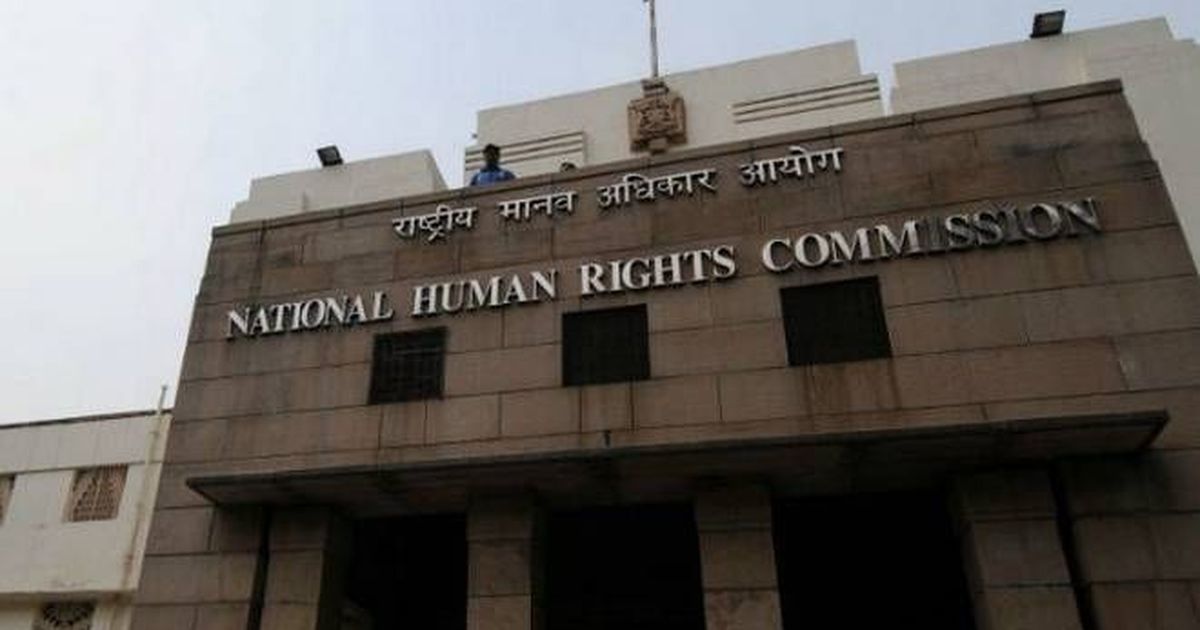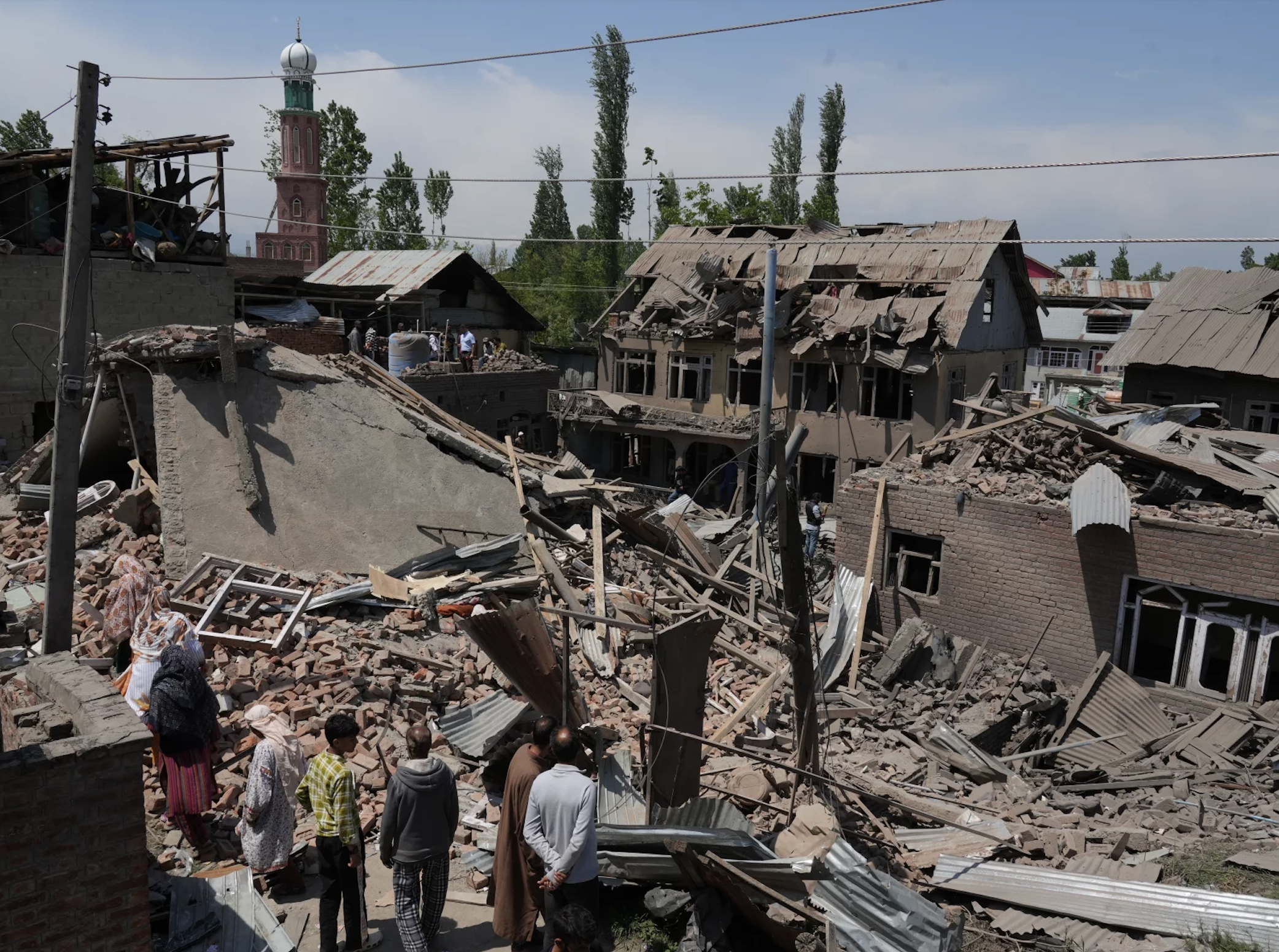
The Gujarat High Court stayed six amended provisions on interfaith marriages in the state’s anti-conversion law on August 19. “The interim order is to protect the parties of interfaith marriage from being unnecessarily harassed,” the court said categorically.
Referring to sections of the Gujarat Freedom of Religion (Amendment) Act 2021 the court said a marriage solemnised by a person of one faith with a person of another without force, allurement or fraud cannot be termed a “marriage for the purpose of unlawful conversion”.
Put simply, no FIR can be lodged under the Act merely on the basis of an interfaith marriage.
In the course of the hearing, the court repeatedly asked the state government whether it intended to prohibit interfaith marriages as they are a matter of personal choice.
It remains to be seen how this plays out in the social political domain, particularly with the bigots myth of Love Jihad active in various states including those going to the polls. So much so that the Act in question is often supportively called an ‘anti love jihad’ law.
Notified by the Gujarat government in June, it penalises forcible or fraudulent religious conversion through marriage. Similar laws have reportedly been made in Madhya Pradesh and Uttar Pradesh.
While the Gujarat Freedom of Religion Act 2003 penalises religious conversion by allurement, fraud or force the amendment adds ‘or by marriage or by getting a person married or by aiding a person to get married’ to the list.
The amendment was challenged by Mujahid Nafees, convener of the Minority Coordination Committee, and by the Jamiat Ulema-e-Hind.
In his petition Nafees states that “from the above amendments read with the discourse around Love Jihad, it is clear that the impugned Act is enacted with nothing but a communal objective and is thereby opposed to the constitutional morality, basic features and fundamental rights guaranteed under Articles 14, 19, 21, 25, and 26 of the Constitution.”
The petition notes how between 2018 and 2021 the term Love Jihad gained a lot of traction in public discourse.
“The term was used to describe the communal conspiracy theory of Muslim men allegedly luring women belonging to other religions, specifically Hindus. The issue was, and still continues to be frequently discussed and debated in electronic and social media. This bogey of ‘Love Jihad’ was created into a movement primarily by certain vested interests that evidently stood to benefit from pursuing such a communal agenda.”
While the case will continue to be heard, it needs to be said that Love Jihad did not emerge on the scene all of a sudden. Like many other issues propagated by Hindutva bigots after due experimentation, this too was tried and tested foremost in the state known as the Laboratory of Hindutva, Gujarat.
Gujarat was perhaps the first state in recent times where a political colour was given to the social discomfort with interfaith and later inter caste marriages. So far the phenomenon has been confined mainly to Hindu-Muslim marriages with the greatest danger when the bride is a Hindu.
While marriages between Hindus and Muslims were often frowned upon in Gujarat, this fear being made a political tool was first evident in the latter half of the 90s.
“It was in 1996-97 that the issue was first raised politically during the student body polls for arts faculty in the Maharaja Sayajirao University that saw the right wing emerging victorious for the first time,” disclosed an observer who was then a student there.
A perusal of old media reports leads one to instances of Hindus targeting Muslims in Randhikpur and Vadodara over interfaith ‘elopements’.
Things changed in a big way after the anti-Muslim pogrom of 2002 that followed the burning of 59 Hindu karsevaks in the Sabarmati Express at Godhra. The bogey of Love Jihad was then raised to the extent of becoming one of the main narratives in the run up to the state assembly polls. It was stoked regularly in the years that followed.
During my stint in the state as a reporter in those troubled times I came across many interfaith couples targeted by fanatics from both the Hindu and Muslim communities.
A Hindu woman from Rajkot who is daughter of a senior functionary of a prominent Hindutva outfit and who married a Muslim man from Ahmedabad in the year 2000 had related four years later, “My father still calls me up saying that I just need to make a statement saying I am a victim of Love Jihad and he will teach my husband the lesson of a lifetime.”
The element of caste has also been played out alongside the communal angle. In 2005 I covered an incident in Ahmedabad where a Patel girl eloped with a Dalit boy only to realise that while she was eligible for marriage at the age of 18, the boy of the same age was not. The solution that was found was that she married the boy’s older brother with the undertaking that he would divorce her once his younger brother had attained the age of 21.
One of the main Hindutva outfits had even gone to the extent of starting a marriage bureau to get ‘sanskari Hindu’ brides and grooms for those who enrolled. It was only when this reporter started probing and seeking interviews that the banner announcing the marriage bureau was folded up and the project shelved from the public eye.
The trend over the years in Gujarat was that interfaith couples wanting to marry preferred to tie the knot in the neighbouring states of Madhya Pradesh, Rajasthan or Maharashtra fearing violence and hounding by the vigilantes.
Those bold enough took shelter in the Special Marriages Act where parties have to file a Notice of Intended Marriage with the Marriage Registrar of the district in which at least one of them has resided for at least thirty days. For a further 30 days the notice is made public and only if no objection is made can the marriage be solemnised.
“But things are playing out in a strange manner in context of such marriages as well. It so happens that the moment the notice is put up, vigilantes from both communities circulate the photographs on social media within a couple of hours. Thereafter the couple is hounded, threatened or coerced. There have been instances of the notices being withdrawn within hours. Such instances are going unreported,” said an observer who has been studying the issue for years.
Eminent political commentator Achyut Yagnik had told this reporter sometime back, “Gujarat has historically been witnessing interfaith marriages. Love Jihad is a bogey raised by propagandists of Hindutva promoting fundamentalism. They are fooling the people.”
But senior sociologist Gaurang Jani had an interesting take. “During all the communal riots whether it was 1969, 1985, 1992 or 2002, the interfaith couples were targeted. Such matrimonial alliances were discouraged in the name of cultural differences and even ideologically.
“The problem has been that the elite from the cultural and literary field remained conservative and never addressed the issue. There was no mention of such alliances in textbooks and they were never discussed.”
Jani related an experience saying, “There was a man here proudly saying that he had asked his son working abroad not to marry a BMW. When asked what he meant by the abbreviation he replied ‘Black, Muslim and White’. This is what it has come to.”
This story first appeared on thecitizen.in





